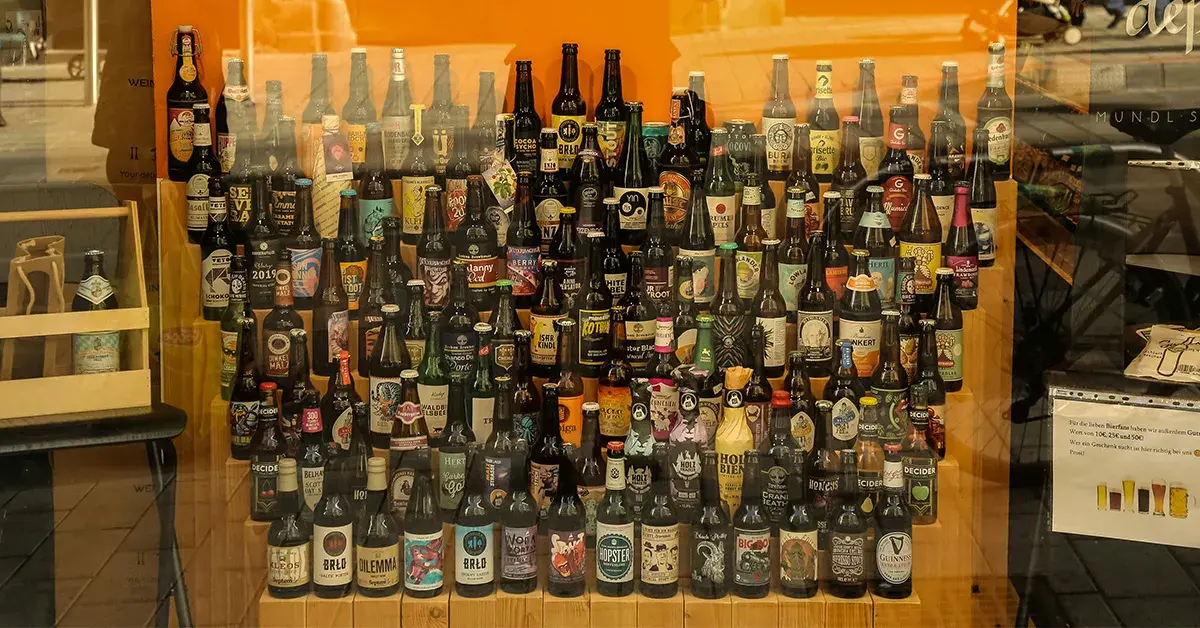
In the thriving and dynamic landscape of California’s beverage industry, the acquisition of a liquor license stands as a paramount concern for aspiring business owners. Understanding which agency is responsible for issuing these licenses can not only streamline the application process but also preempt potential legal pitfalls. This guide delineates the intricate process through which liquor licenses are obtained in California, focusing on the regulatory framework and providing clarity amidst the complexities surrounding this vital aspect of business operation.
At the heart of liquor licensing in California is the Department of Alcoholic Beverage Control (ABC). This state agency was established to manage the sale, distribution, and consumption of alcoholic beverages. The ABC operates within the broad scope of California’s Business and Professions Code, specifically under Division 9, which pertains to the Alcoholic Beverages. For prospective business owners, understanding the ABC’s role provides a foundational framework for navigating the myriad licensing requirements.
Obtaining a liquor license in California is not a monolithic process; rather, it is characterized by an array of license types tailored to different business operations. The ABC hosts a catalog of licenses, which can be broadly categorized into two main types: on-sale licenses and off-sale licenses. On-sale licenses permit the consumption of alcohol on the premises of the establishment, suitable for bars and restaurants, while off-sale licenses authorize the sale of alcoholic beverages for consumption elsewhere, commonly seen in grocery and convenience stores.
Delving deeper into the spectrum of licenses, the ABC offers specialized variants, including the Type 47 license, which caters exclusively to restaurants. This license allows for the sale of alcoholic beverages in conjunction with food, thereby promoting responsible consumption. Conversely, a Type 21 license is necessary for off-sale retail establishments. Each license type carries distinct requirements and stipulations that applicants must meticulously observe.
Before submitting an application, it is crucial for entrepreneurially inclined individuals to conduct exhaustive due diligence. This includes ascertaining location-specific regulations, zoning laws, and ensuring that the premises meet safety standards mandated by both local and state authorities. Those planning to serve alcohol must also be cognizant of health department regulations that govern food safety and hygiene practices.
The application process itself is a multifaceted endeavor, necessitating the submission of various documents and fees. Applicants must fill out the ABC’s application form, which requests detailed information about the business structure, ownership, and financial disclosures. Additionally, applicants are frequently required to provide fingerprint scans and undergo background checks—an essential measure designed to ascertain the moral character and financial responsibility of the applicant.
After the application is submitted, it enters a review process that may extend several months, depending on the complexity of the application and any potential background issues. During this phase, public notice is issued, allowing community stakeholders an opportunity to raise concerns. This transparency is critical, as it lends a voice to the community regarding the potential impacts of the proposed establishment on local neighborhoods.
One particularly noteworthy aspect of the ABC’s regulatory framework is the concept of “public convenience or necessity.” In scenarios where a license application might engender community opposition, the ABC may invoke this criterion. It assesses whether the granting of a license serves the public good, adding yet another layer of complexity to the licensing process. Business owners should prepare to provide compelling evidence for their case, engaging with community members to address their concerns proactively.
Moreover, business owners must also be aware of the importance of compliance with alcohol service training programs. California mandates that employees involved in the sale or service of alcohol complete Responsible Beverage Service (RBS) training, enhancing a culture of responsibility within the retail alcohol sector. This training not only reinforces legal requirements but also plays a vital role in minimizing liability and fostering a safe environment for patrons.
Once the ABC finalizes its review, and if approved, the applicant receives their liquor license. However, this does not signify an end to the regulatory journey. License holders must remain vigilant, adhering to a myriad of ongoing compliance mandates—ranging from reporting sales data to maintaining proper records of alcohol purchases and sales. Failures in compliance can lead to fines, suspensions, or even revocation of the liquor license.
In the context of California’s evolving alcohol landscape, staying updated on regulatory reforms is crucial. The industry is subject to changing laws and public sentiment, necessitating that business owners remain informed about developments that may impact their operations. Active participation in industry forums, workshops, and engagement with trade associations can serve as valuable resources for ongoing education and advocacy.
In conclusion, the labyrinth of liquor licensing in California is undeniably intricate. The ABC stands at the forefront, governing the issuance of licenses and ensuring that the sale of alcoholic beverages aligns with state and community standards. By understanding the roles, responsibilities, and legal requirements embedded within this process, business owners can not only navigate the application successfully but also contribute positively to the vibrant culture of California’s hospitality and beverage industry. Embracing this knowledge will not only facilitate compliance but also cultivate a responsible environment for both enterprises and consumers alike.
